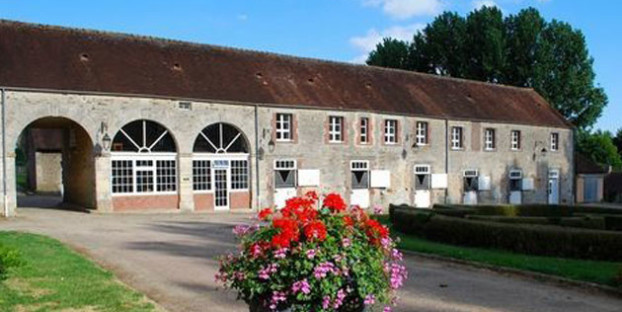
26 April 2017 by Jessica Boston
Escape to France for a long break
Why would you want to spend a month or more in France? Well why not! If you are lucky enough to have the time and flexibility to take an extended break in France, do it!
Whether you’re after a taste of expat life before you commit to a permanent move, or just fancy a sabbatical from your everyday life, a long, out of season stay in a self-catering holiday let can be surprisingly cost effective.
Choose a cosy cottage in Brittany or gite in Normandy, enjoy the milder climate in a villa in the South or live like a local in an apartment in a historic town or bustling city – a longer stay is the best way to experience ‘real’ French life.
Planning your location and accommodation
When planning a long stay it’s even more important to be sure you’ve picked the right location and the right property for you.
Make sure your choice of accommodation comes with appropriate heating for a stay in the colder months, and that the activities and amenities that you plan to use will be open and available out of the standard tourist season.
You might also consider choosing a larger property with a spare bedroom so you can invite friends or family out to join you for short breaks during your stay.
Considerations for property investment
If you’re looking to invest in French property either to live in or use as a holiday rental you’ll want to stay in your main area of interest. Be prepared to travel widely and explore to really get to know the region and understand the lifestyle and potential for holiday let income.
- What is the local community like?
- Are the residents welcoming?
- What attracts tourists to the area?
You might even want to consider a month or more in a couple of different regions to compare lifestyles and property prices.
Many of our holiday properties are available for longer lets and it’s highly recommended that you spend some time talking with the property owners to find out what to expect.
Investigate the local attractions, culture and activities
Autumn, Winter and early Spring are a great time to see the many historic attractions France has to offer without the peak season tourist crowds. The chateaux of the Loire, the Roman sites in Provence, the historic Normandy beaches and the famous Mont St Michel are far less busy from November to March meaning you can soak up the atmosphere and see the best of these amazing sites.
The food in France is also wonderful all year round with delicious, local, seasonal produce filling the markets and making self-catering a wonderful treat for keen cooks and foodies.
Get outdoors for bracing walks on empty beaches, explore beautiful forests and cycle the greenways and towpaths. Golf, fishing, horse-riding and many watersports can also be enjoyed depending on where you stay.
Long breaks and short – vive la difference!
The biggest difference between staying in France for a week or two in summer and taking a longer out of season break is that you’ll have an authentic experience of what it’s really like to live in France.
Get involved with community events, brush up your French language skills and make new friends – it’s an opportunity to create your own French experience, an exciting adventure that might just leave you wanting more!
Things to consider when planning a longer break in France:
- Travel Insurance – the longer your stay, the more important it is that you’re fully covered.
- Health – as with any holiday to France you’ll need a valid European Health Insurance Card. If you have any long term medical needs you should consult your doctor and try to bring enough prescription medication to cover your stay. You should also find out about the local doctors near your holiday accommodation to ensure that you can access medical help if needed.
- Pets – It’s easy to bring your pets with you on holiday, just follow the DEFRA ‘Pet Travel Scheme’ and ensure you meet the pet passport, rabies vaccination and tapeworm treatment requirements. Find out about local vets and check your pet insurance to ensure you are covered for treatment in France and know where to go in the unfortunate event of your pet suffering illness or accident.
- Driving – As well as the standard compulsory safety equipment you need to drive in France (GB sticker, headlight deflectors, warning triangle, reflective vest, breathalyser kits, spare bulbs etc) you’ll need to make sure your MOT, breakdown cover and car insurance are valid until the end of your stay. Be sure to take all your car documentation and your driving licence with you. Brittany Ferries offers further useful advice on driving in France.
